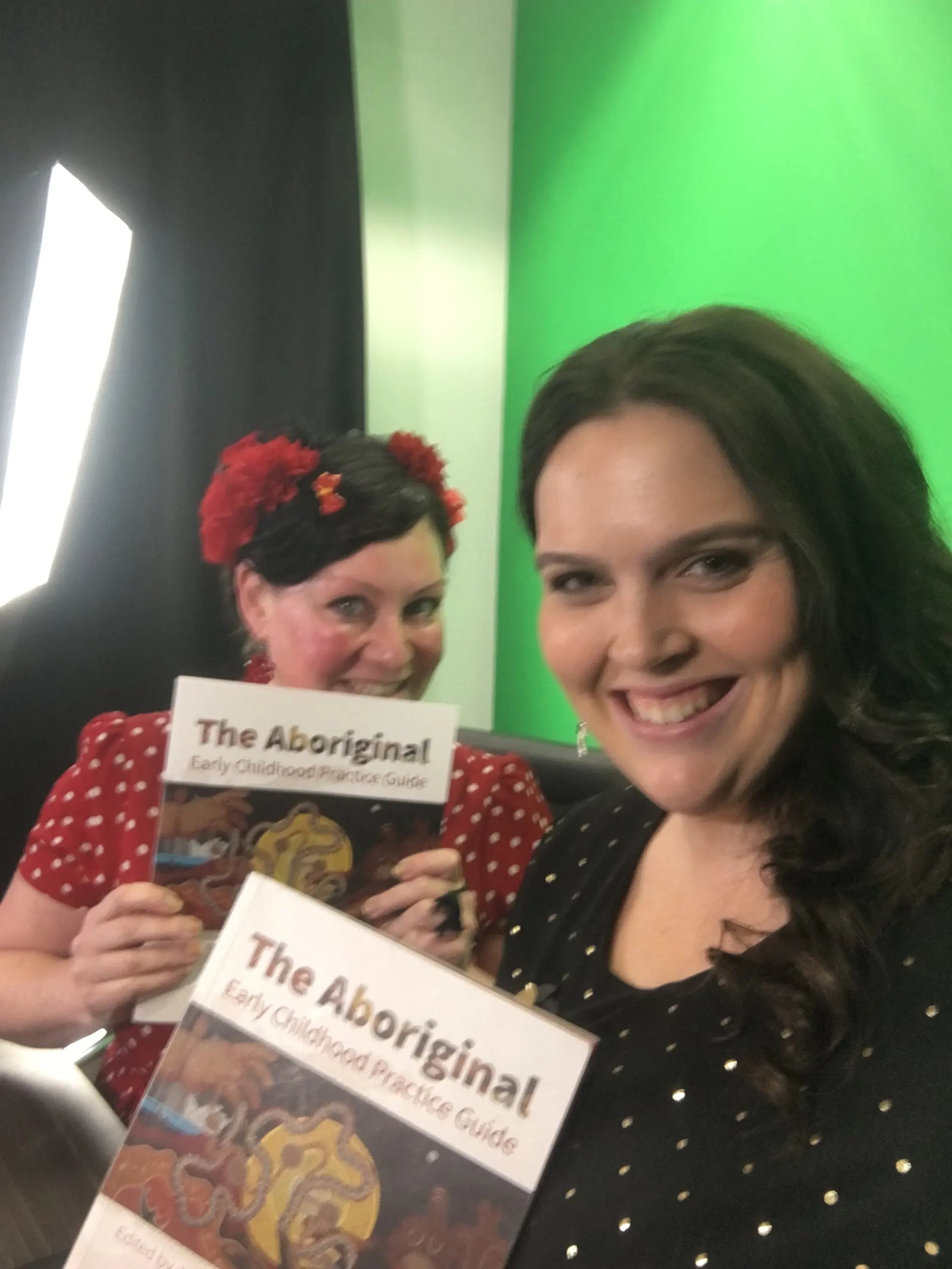-
-
-
-
- ACT Events
- NSW Events
-
- Gold Coast - Aboriginal Perspectives & Sustainability
- Gold Coast - Art, Storytelling & Embedding Aboriginal Perspectives
- Toowoomba - Aboriginal Perspectives & Sustainability
- Toowoomba - Art, Storytelling & Embedding Aboriginal Perspectives
- Townsville - Art, Storytelling & Embedding Aboriginal Perspectives
- Townsville - Aboriginal Perspectives & Sustainaibility
- 2026 - Leadership Retreat
- VIC Events
- WA Events
- NT Events
- TAS Events
- Login










